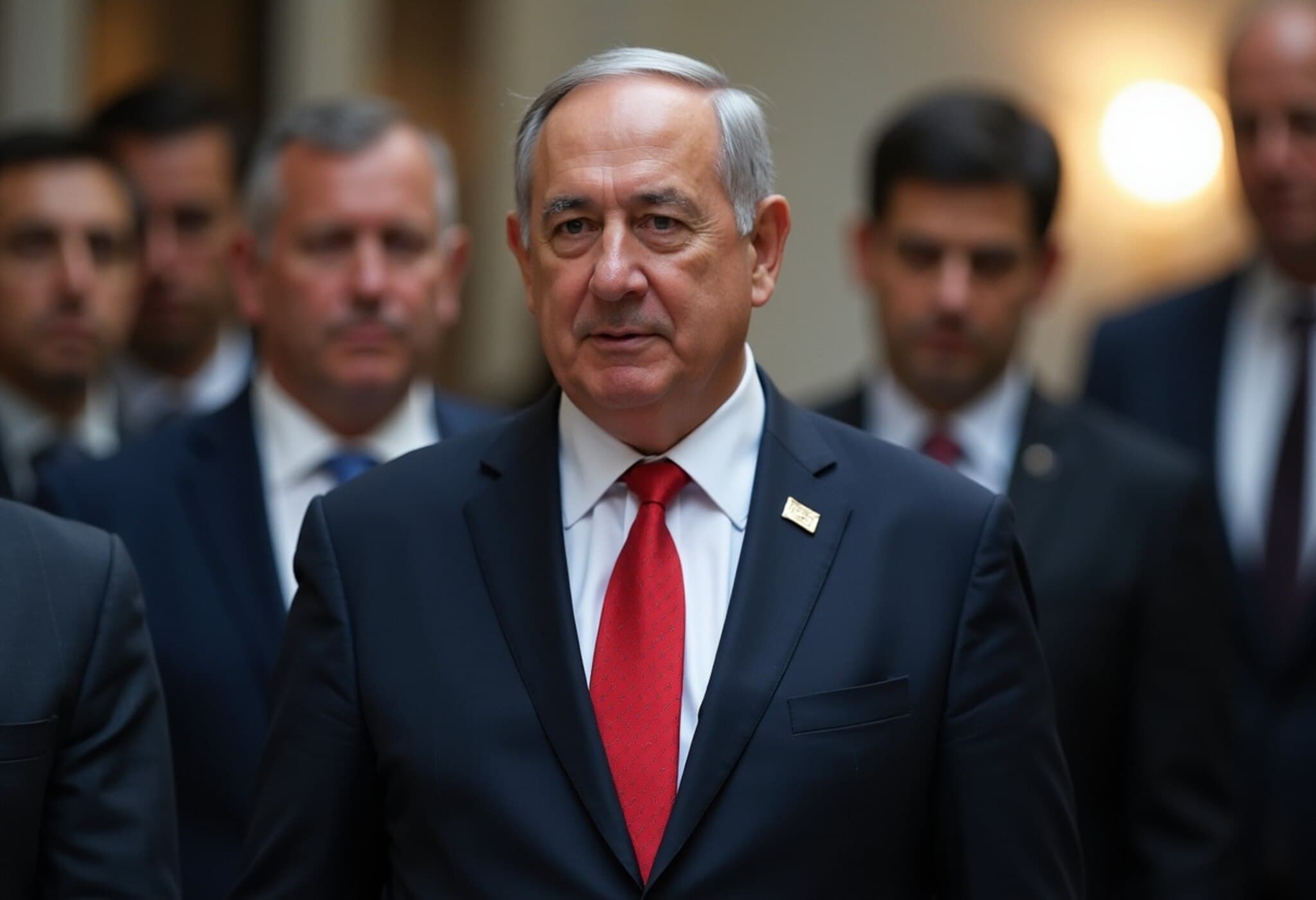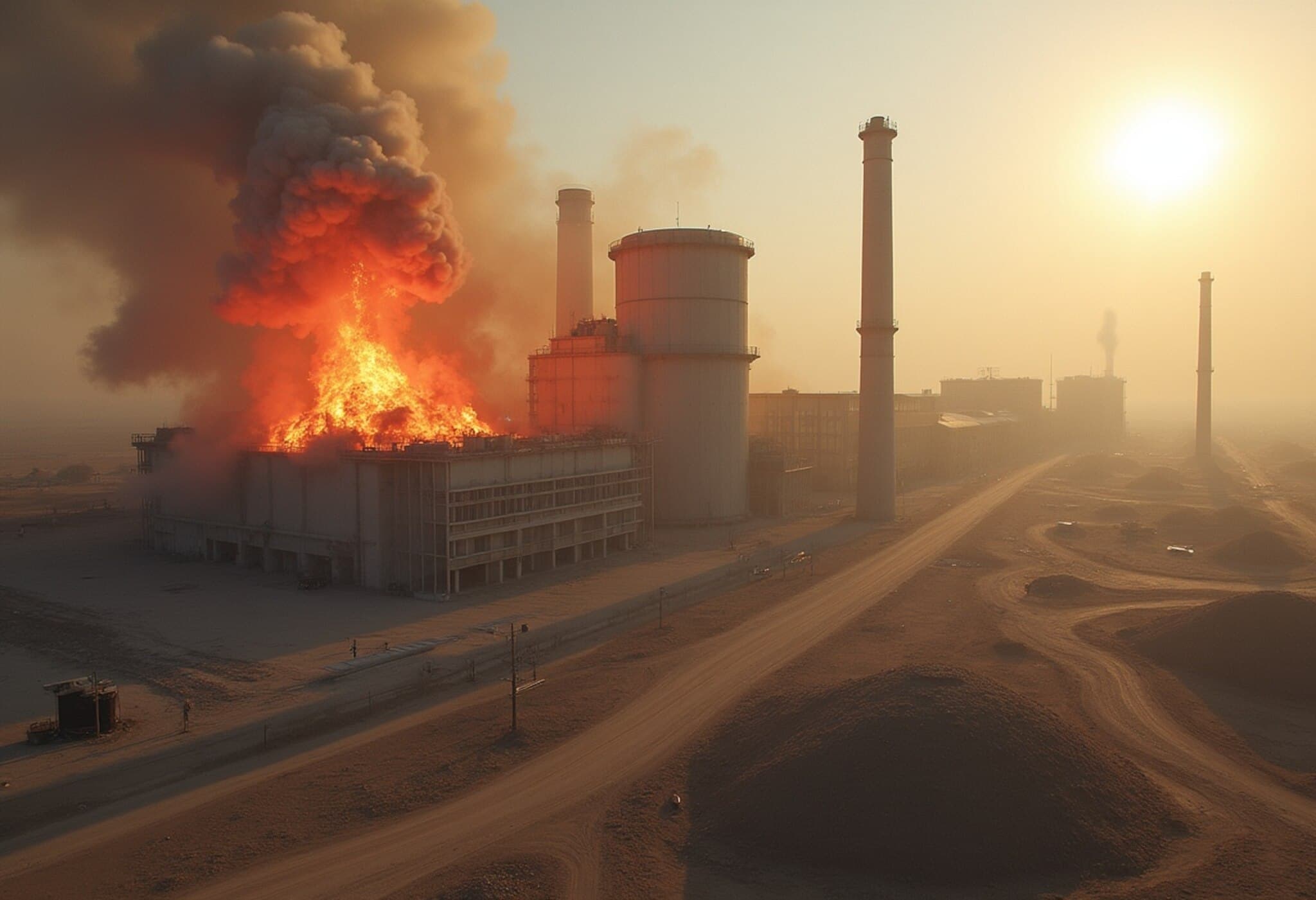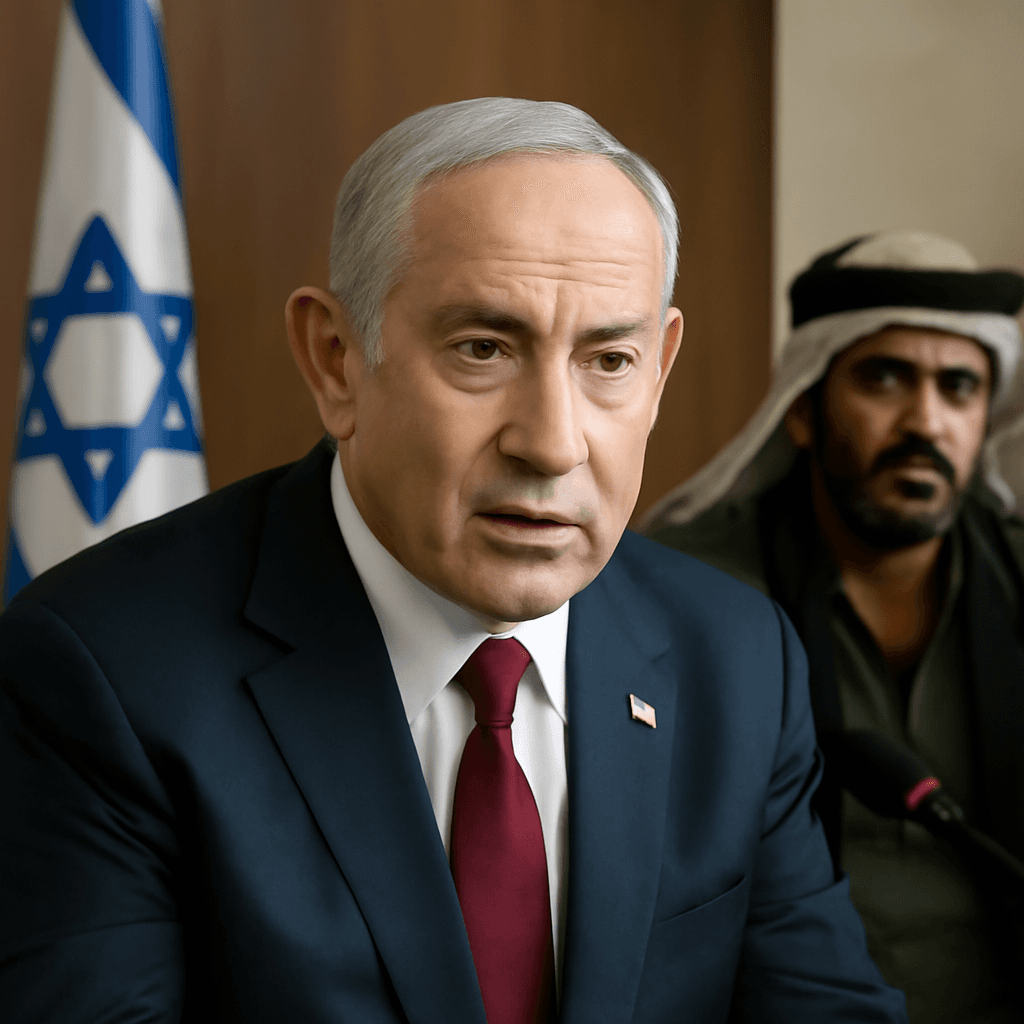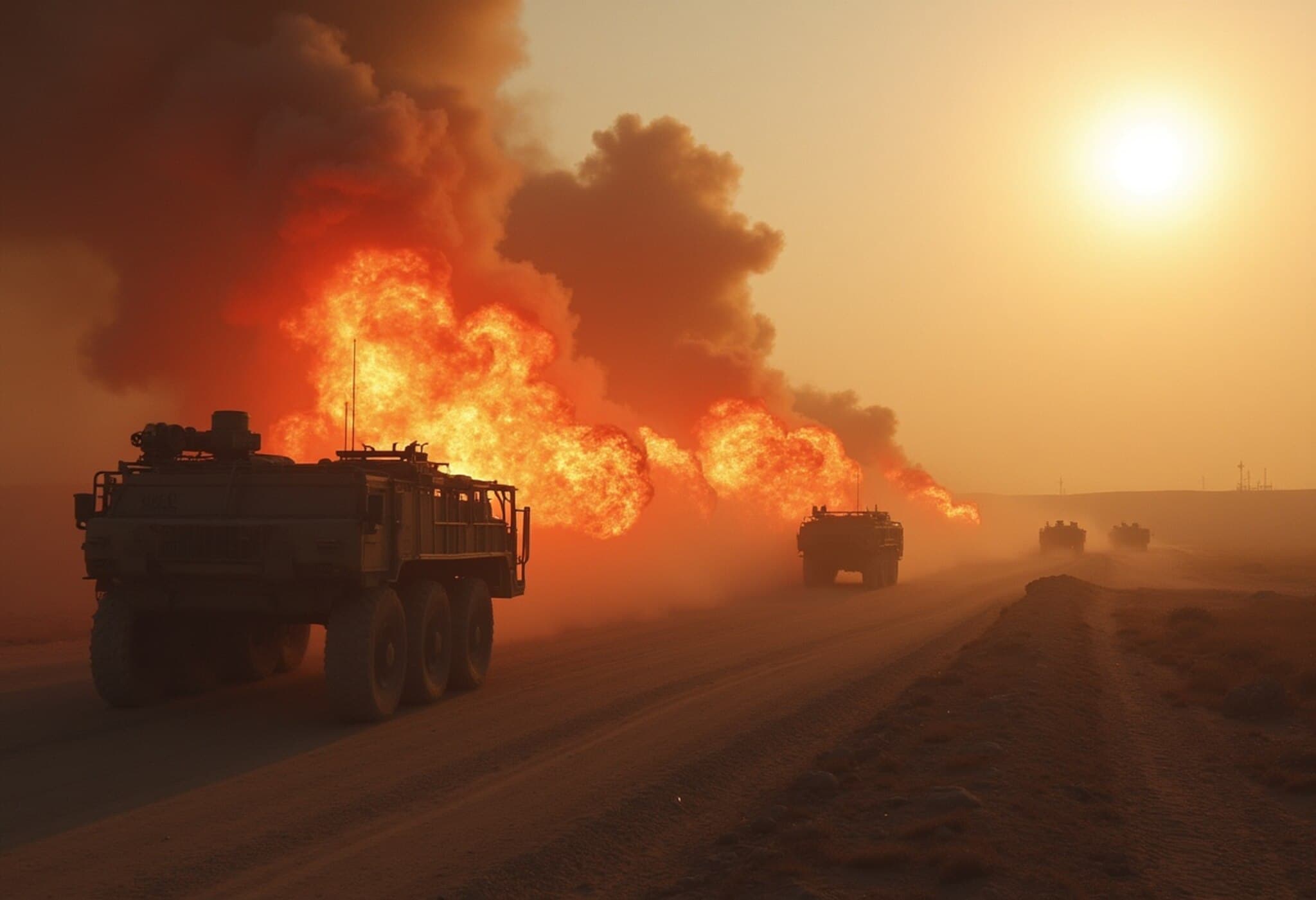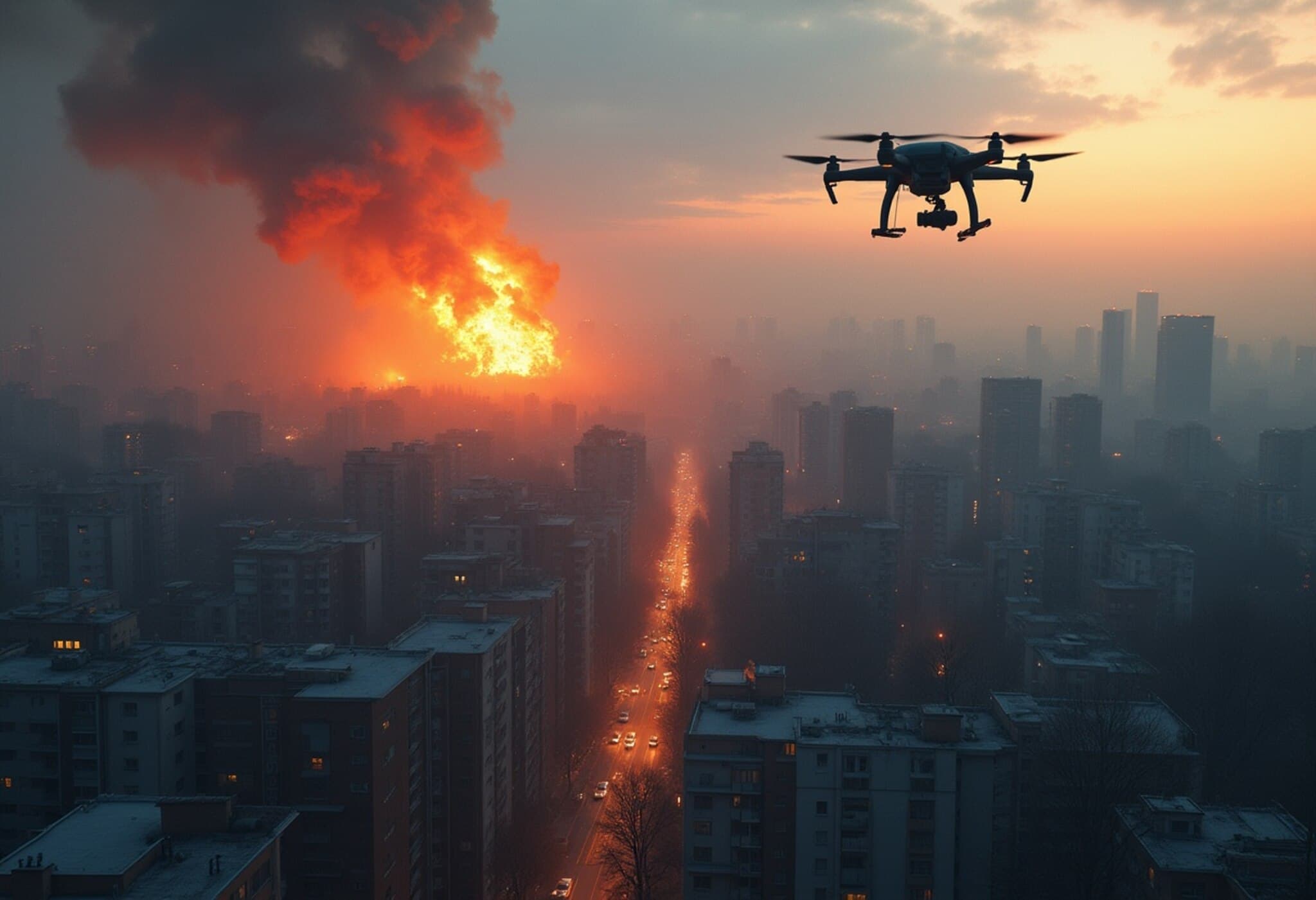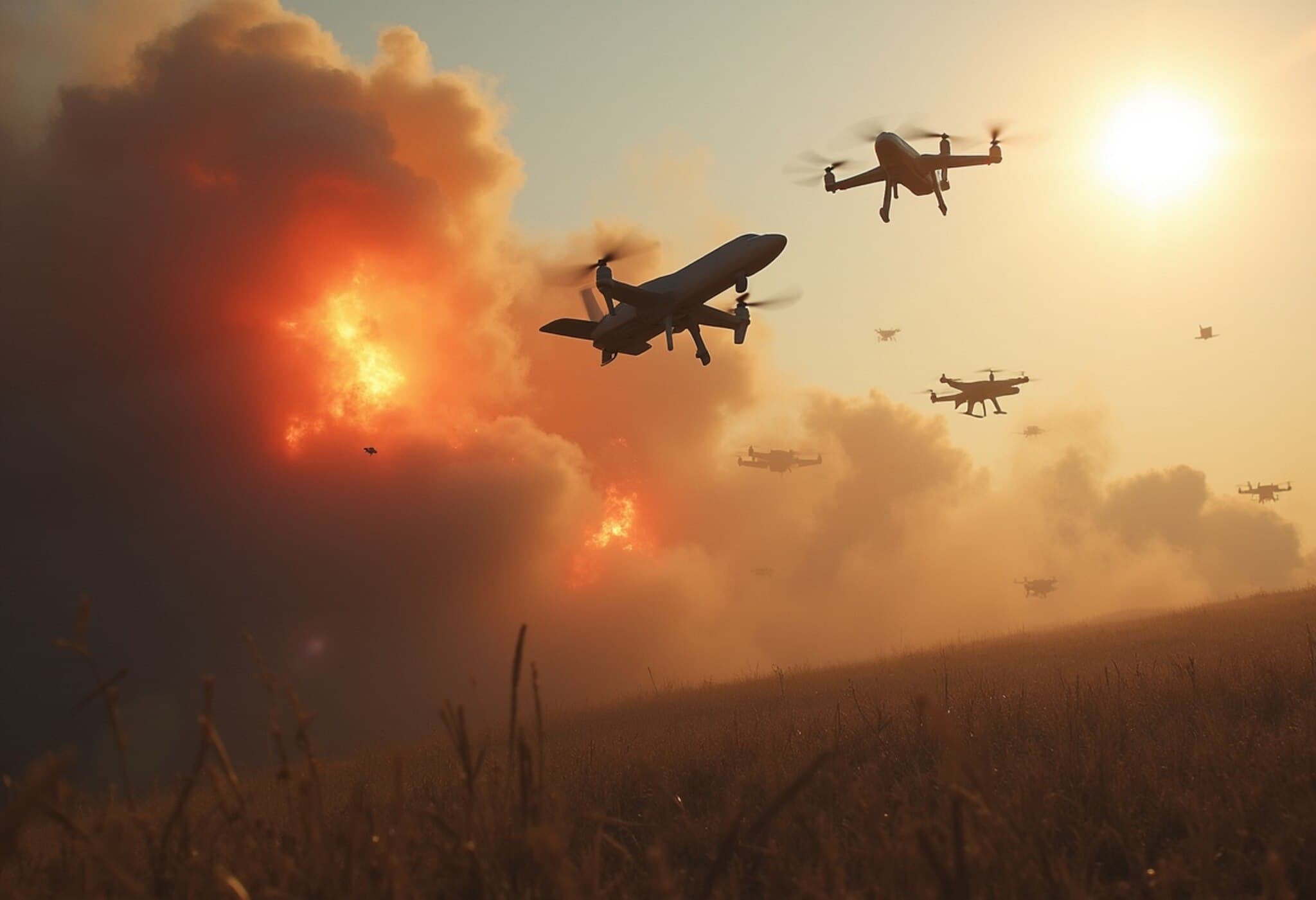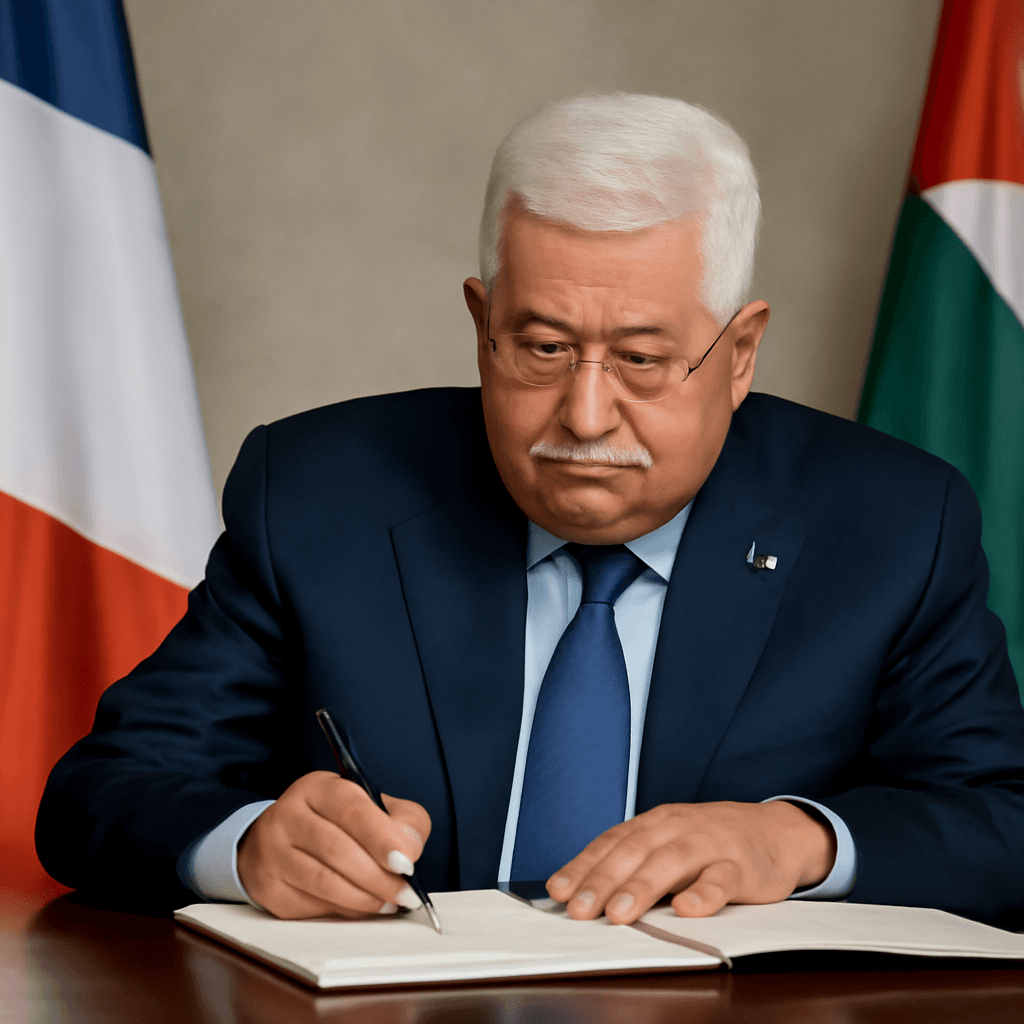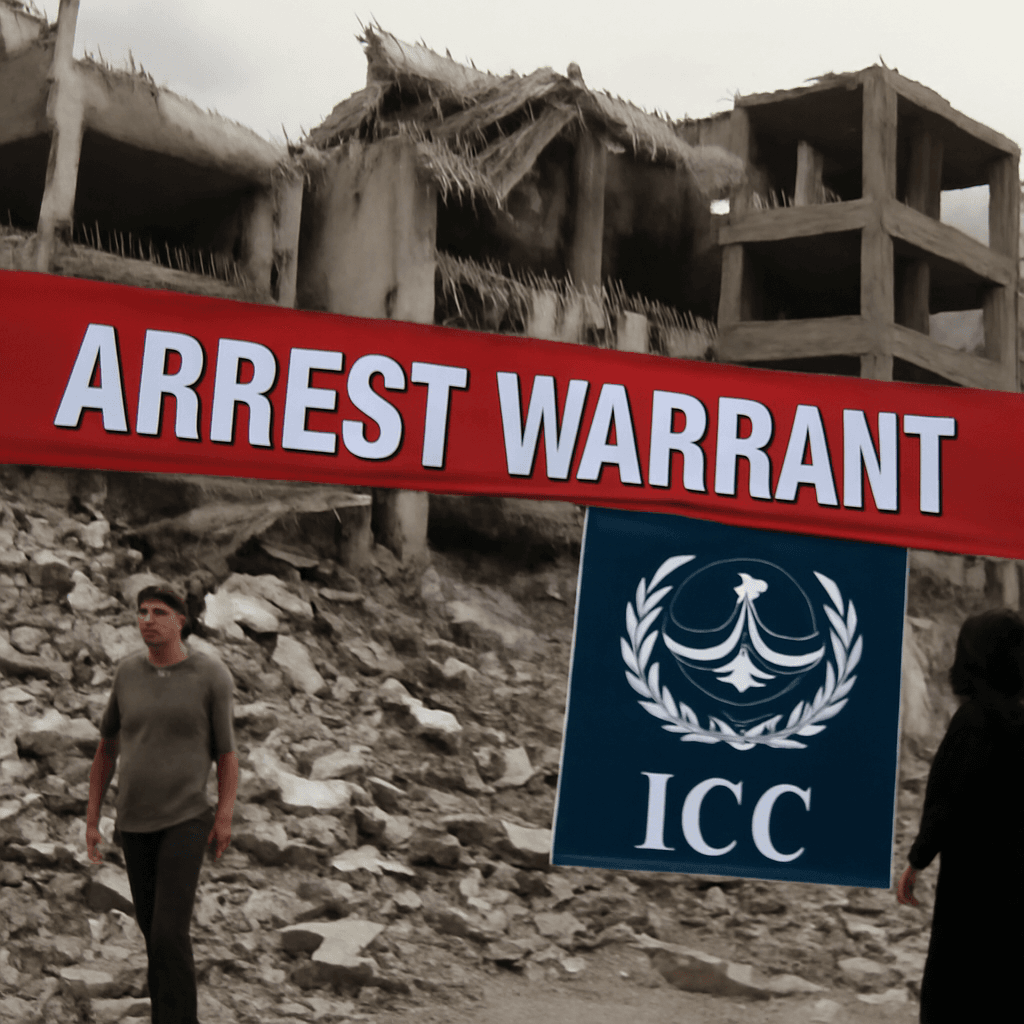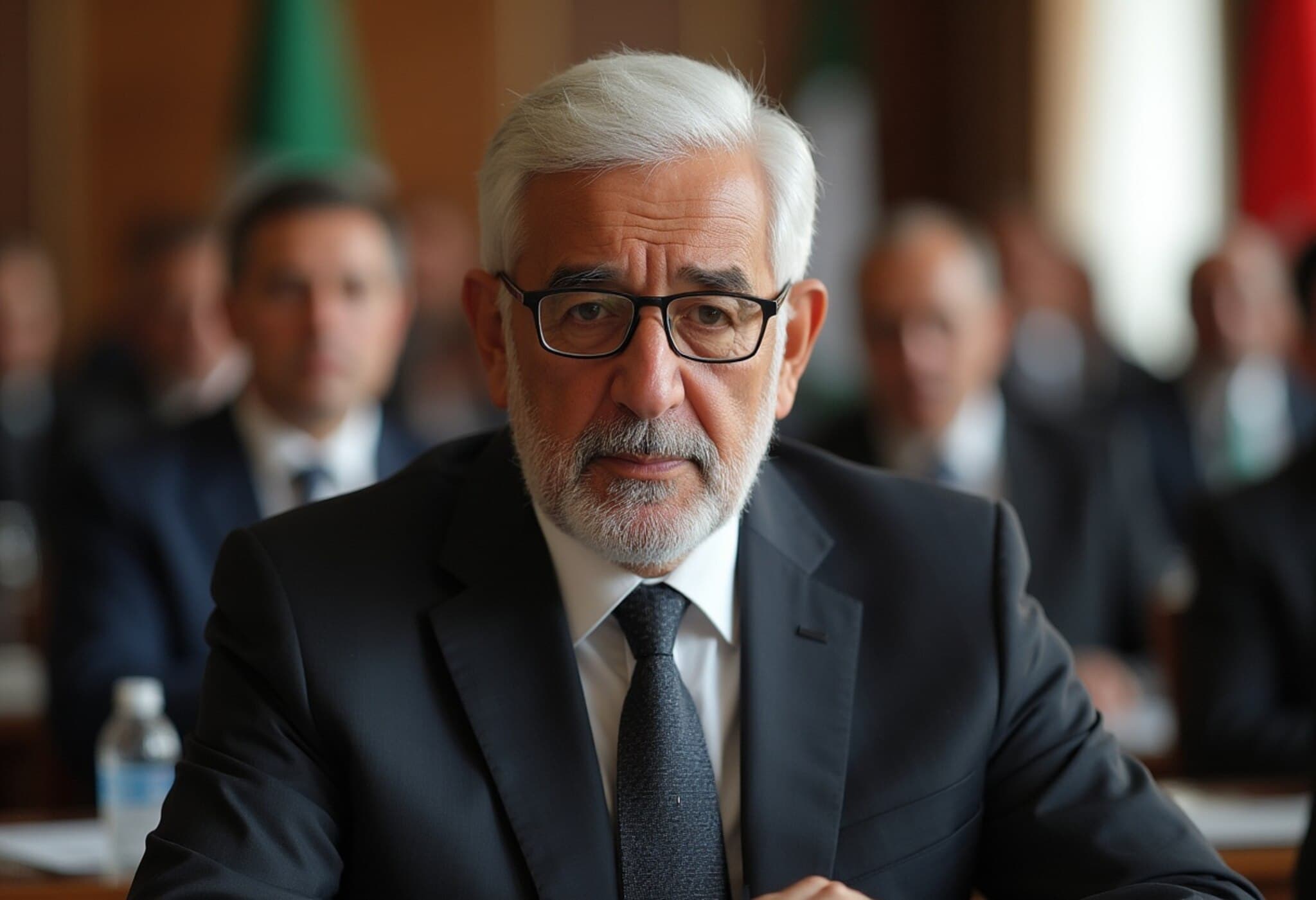Introduction: The Emergence of Yasser Abu Shabab in Gaza
In the midst of Gaza's ongoing conflict and humanitarian crisis, Yasser Abu Shabab has emerged as a new militia leader asserting control over parts of eastern Rafah. Formerly known for his involvement in criminal activities and alleged extremist links, Abu Shabab now commands a group called the Popular Forces, claiming to protect civilians and humanitarian aid amidst chaos, directly defying Hamas’s authority.
From Clan Leader to Militia Commander
Abu Shabab's rapid transformation from a local clan figure to an armed commander has drawn significant attention. His militia, predominantly composed of his relatives, wears uniforms adorned with Palestinian flags and insignias identifying them as a counter-terrorism unit.
This group operates mainly within Israeli-controlled zones in Rafah, setting up camps, distributing food supplies, and assuring displaced civilians of safety and sustenance. Abu Shabab justifies his presence in these zones as a necessity to prevent forced displacements, emphasizing his mission to provide security and safeguard aid from looting and Hamas interference.
Competing Narratives: Protector or Collaborator?
The Popular Forces claim to uphold order and defend civilians against the de facto Hamas governance, accusing the movement of corruption and aid theft. Meanwhile, Hamas accuses Abu Shabab and his men of similar offenses, including intercepting aid convoys.
While Abu Shabab asserts operating under Palestinian legitimacy with implied ties to the Palestinian Authority, the PA has not publicly confirmed any affiliation. Critics within Gaza describe him as a collaborator benefiting from Israeli military backing, pointing to instances where his forces have allegedly looted aid convoys and extorted protection fees under the watch of Israeli troops.
Implications for Gaza’s Power Dynamics
Abu Shabab’s rise reflects deep divisions within Palestinian society. Some view him as a pragmatic local leader providing much-needed stability where Hamas has faltered, positioning him as a potential rival power center in southern Gaza. For Israel, he represents an opportunity for localized control amid ongoing conflict, aligning with their objective to weaken Hamas.
Conversely, many Palestinians regard Abu Shabab and his forces as traitors supported by foreign military powers, undermining Palestinian unity and independence. Without broad local support, his authority remains tenuous and contested.
Historical Parallels and Future Outlook
Observers compare Abu Shabab’s Popular Forces to historical militias such as Iraq’s Awakening Councils and Lebanon’s South Lebanon Army — groups that initially received foreign support but later faced collapse or backlash due to lack of enduring legitimacy.
The trajectory of Abu Shabab’s influence in Gaza will depend on the evolving conflict, local acceptance, and regional political shifts. His emergence underscores the complex realities of power, security, and allegiances amid Gaza’s protracted crisis.


